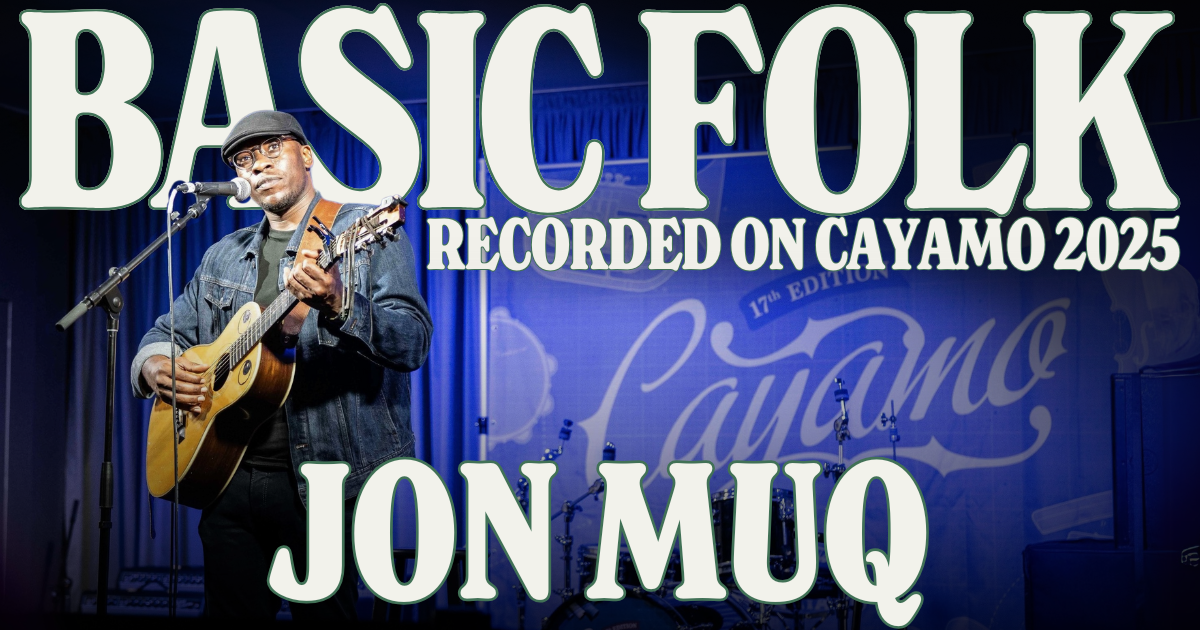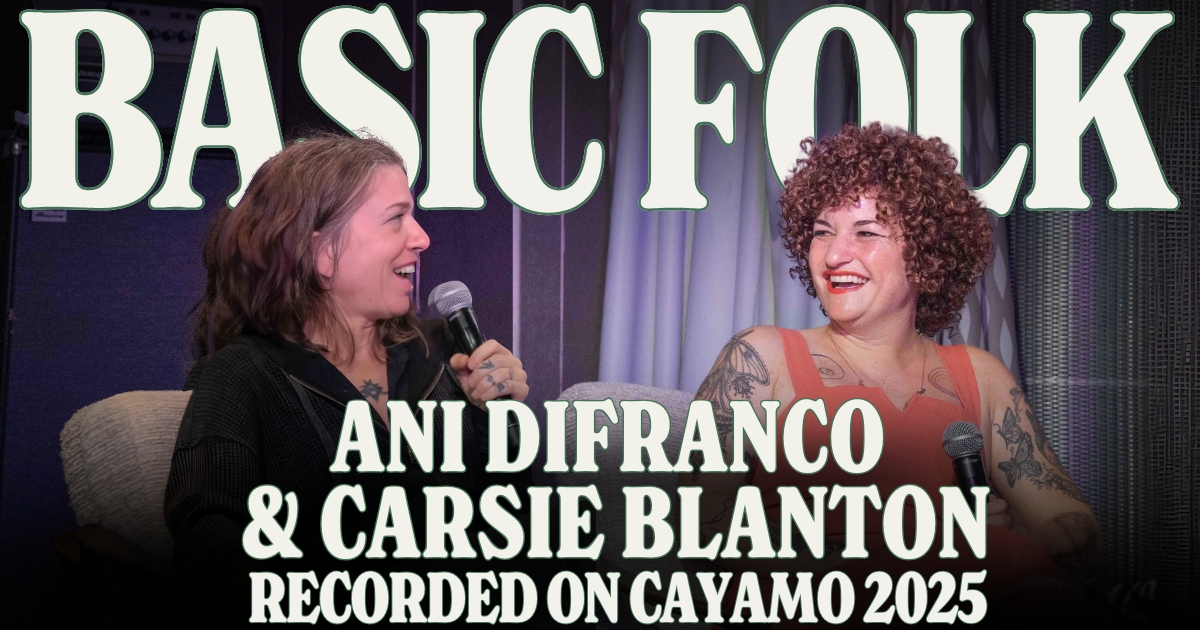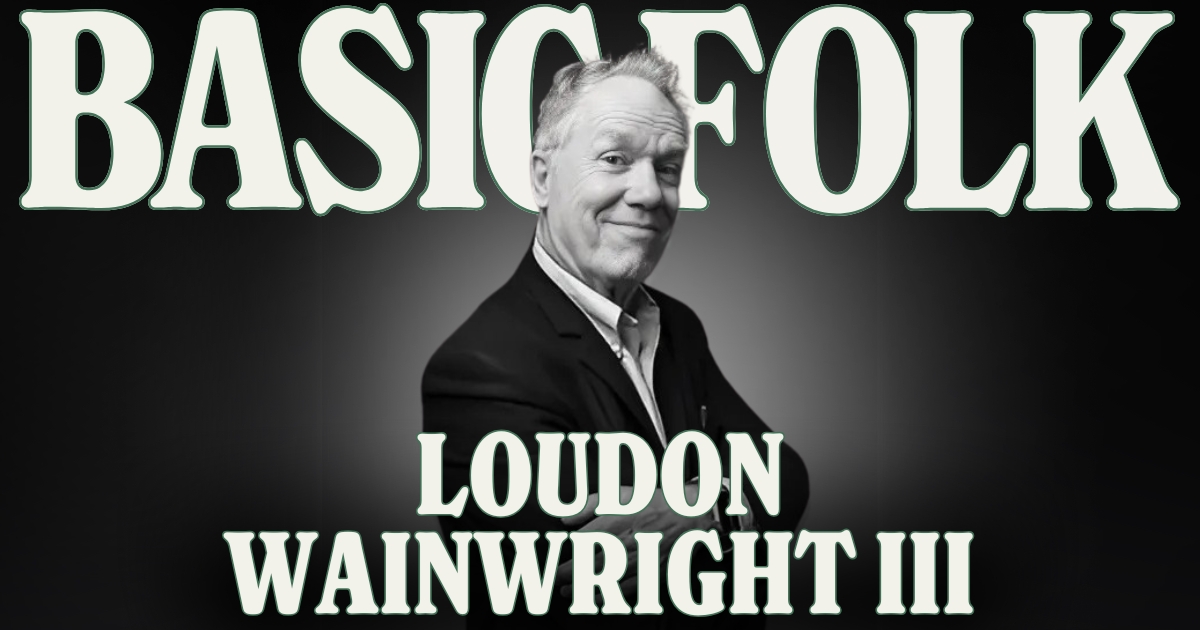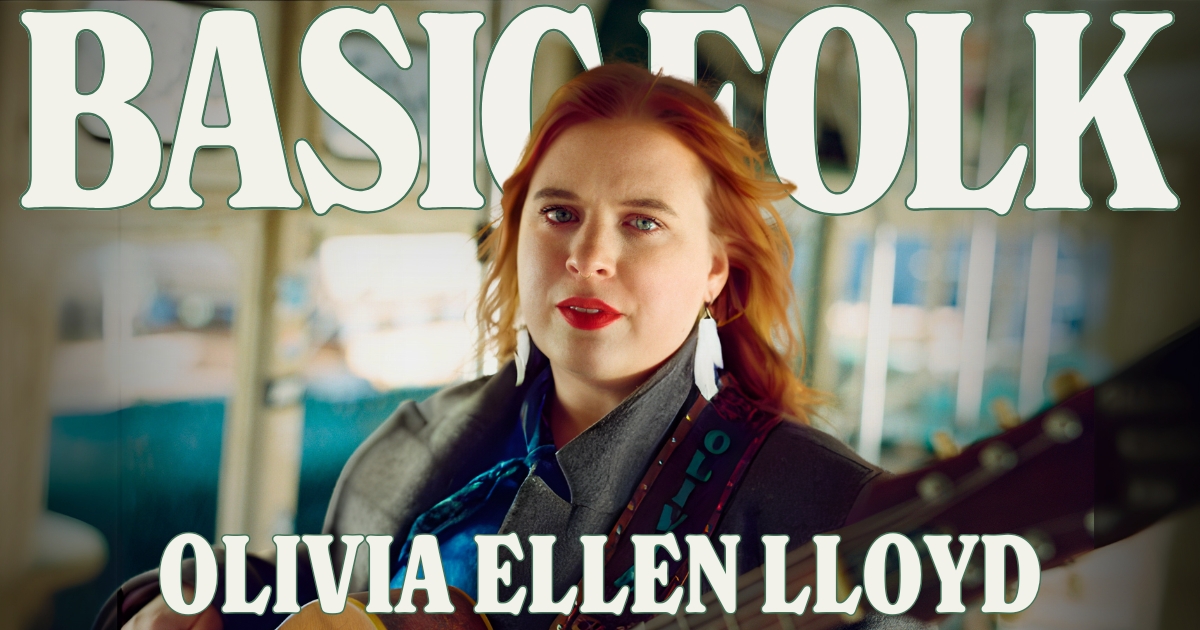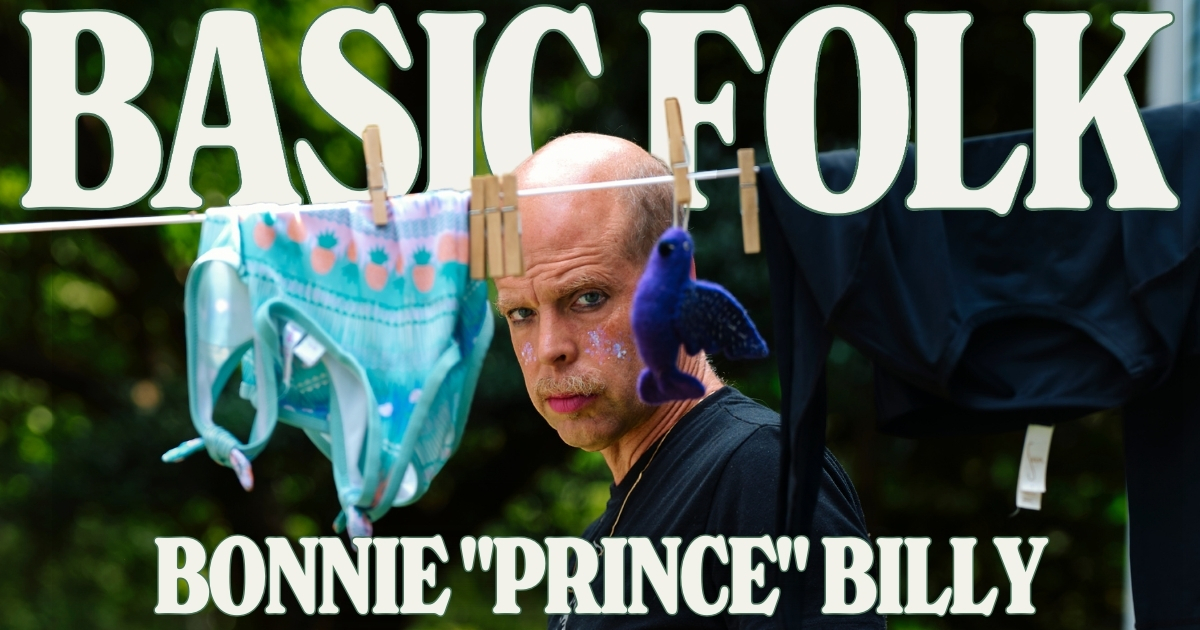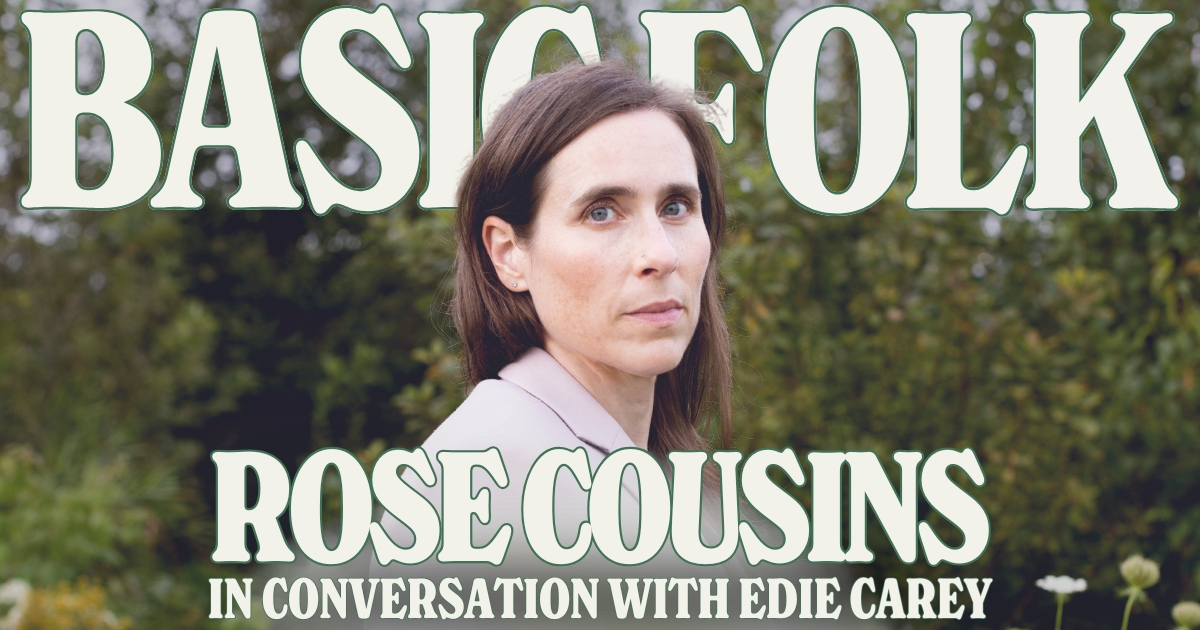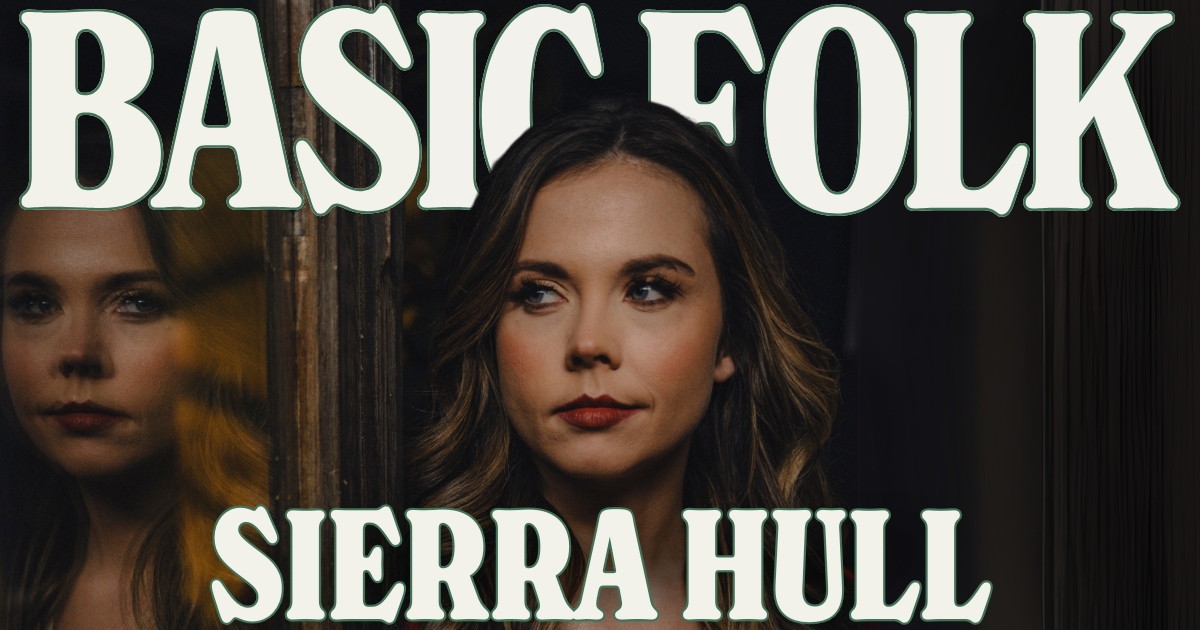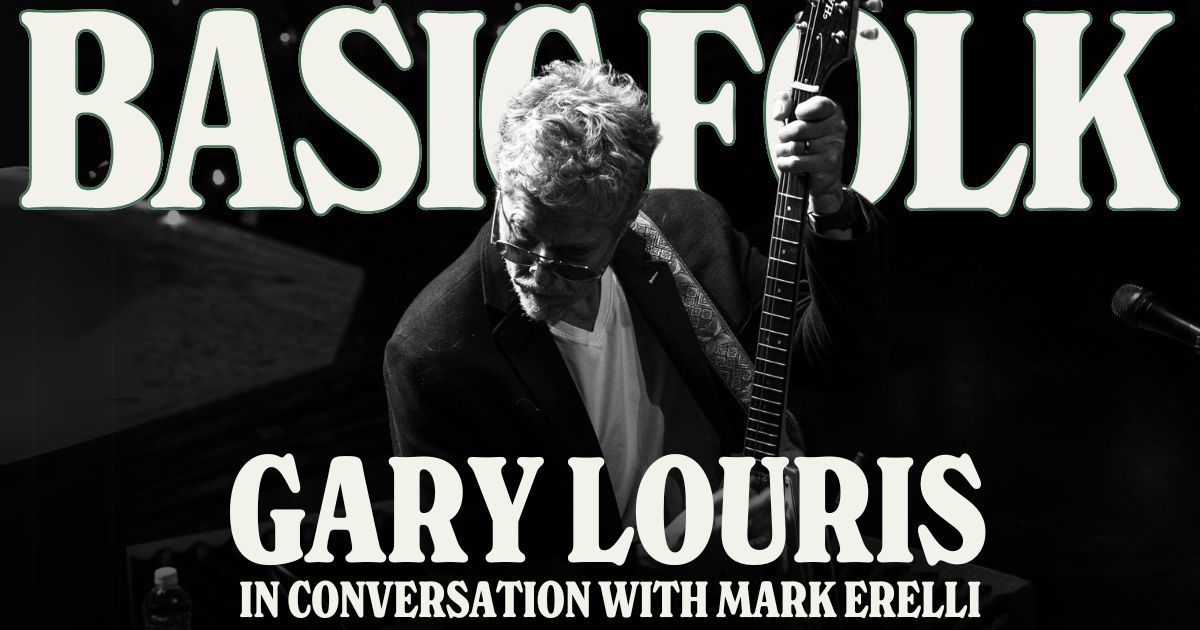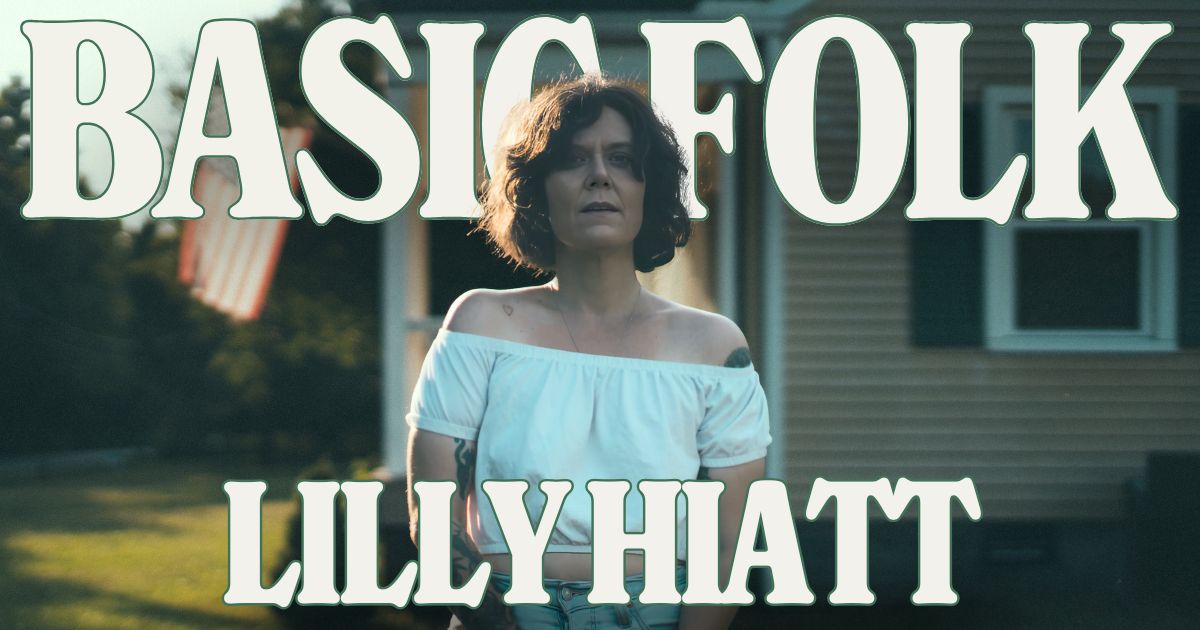The dynamic songwriter and multi-instrumentalist Susan Werner spoke to Basic Folk onboard the Cayamo cruise, which she describes as a “paid vacation.” Reflecting on her upbringing on a working farm, Susan discusses the hard work that shaped her, but also how she’s learning to embrace rest and relaxation. With humor and insight, she navigates the balance between a hardworking mindset and the need for downtime, revealing her strategies for managing stress and expectations in both life and music.
LISTEN: APPLE • SPOTIFY • AMAZON • MP3
Susan’s latest album, Halfway to Houston, is a continuation of her exploration of a place through its music. Previous releases found her examining New Orleans and Florida. In this particular case, she is focusing on the state of Texas, including the interconnectedness of communities across borders; the song “Sisters” is about twin sister cities El Paso, Texas, and Juárez, Mexico. As a seasoned artist, Susan dives into the importance of consistency and authenticity in her craft, emphasizing that hard work alone doesn’t guarantee success – it’s about being consistently excellent. She also touches on the political landscape and how her songs aim to foster empathy and understanding, even in divided times.
Photo Credit: Lead image by Bryan Lasky, alternate image by Will Byington.

